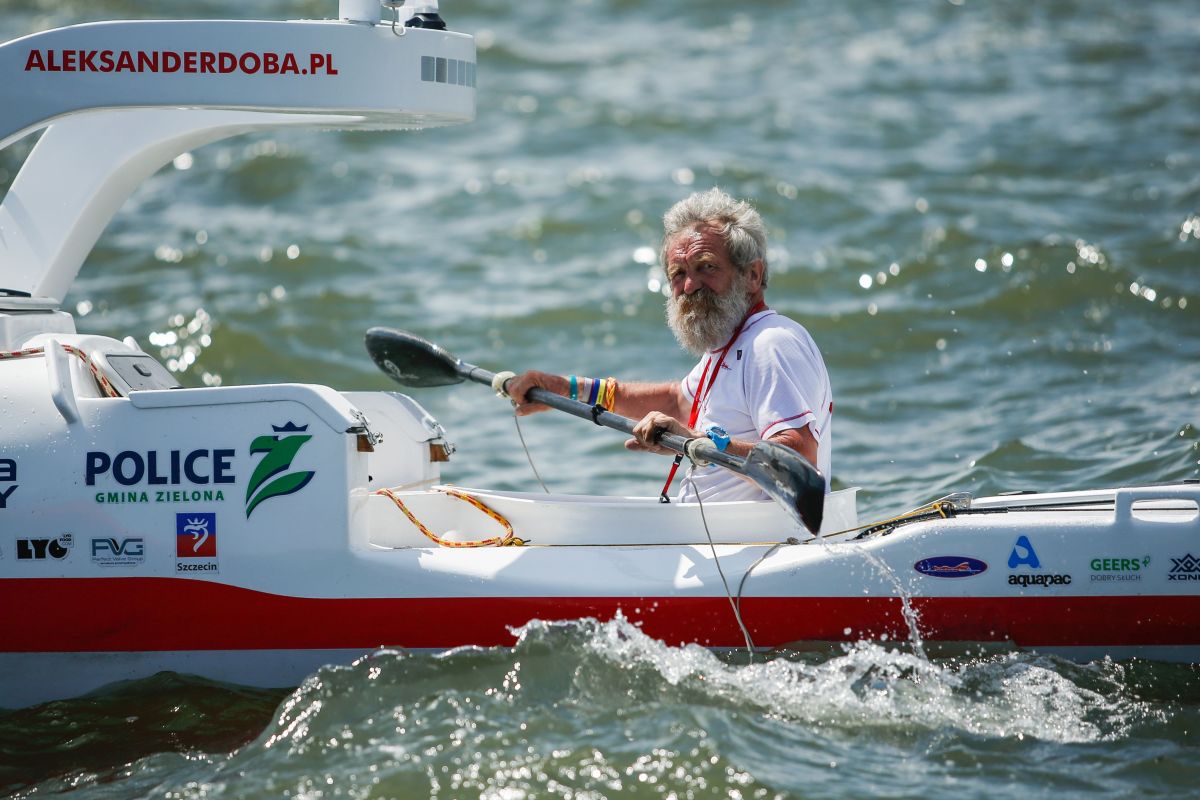Aleksander Doba spent 110 days alone at sea. When he docked his kayak at the port in Le Conquet, France, on Sept. 3, 2017, he was a few days shy of his 71st birthday. The trip could have ended five days earlier, but he had promised himself when he left New Jersey that he wouldn’t just kayak to Europe, but to the Continent proper. So he stayed on the water for almost an extra week. While completing his third solo trans-Atlantic kayak trip, Doba spent almost four months not sleeping for longer than three hours at a stretch. He had endured towering waves and a coffinlike cabin. But he made it. Doba says that kayaking is a real “katorga,” which is the Polish word for forced labor. Things that most of us would see as suffering, Doba sees as self-determination, and it gives him an existential thrill. Doba told The New York Times that the need to cross the Atlantic in a kayak did not originate with him. In 2003, Doba was the most seasoned kayaker in Poland and a Polish professor asked him for advice on how to kayak across the Baltic Sea. The professor eventually convinced Doba to cross the southern Atlantic with him from Ghana to Brazil in separate one-man kayaks. The trip went terribly and 42 hours after leaving, they were washed back up on the beach. So Doba went home, sketched out an idea for a better boat, and approached a yacht-builder, who agreed to make it. Then he set off again. But why kayak across the Atlantic for a third time? The Times writes that Doba views crises differently than most: In his mind, a crisis is an opportunity for a triumph, so instead of running away, he moves towards it. “By choosing it, he casts himself in the role of hero, not victim. He gives himself control,” The Times writes.
Thanks for reading InsideHook. Sign up for our daily newsletter and be in the know.


















